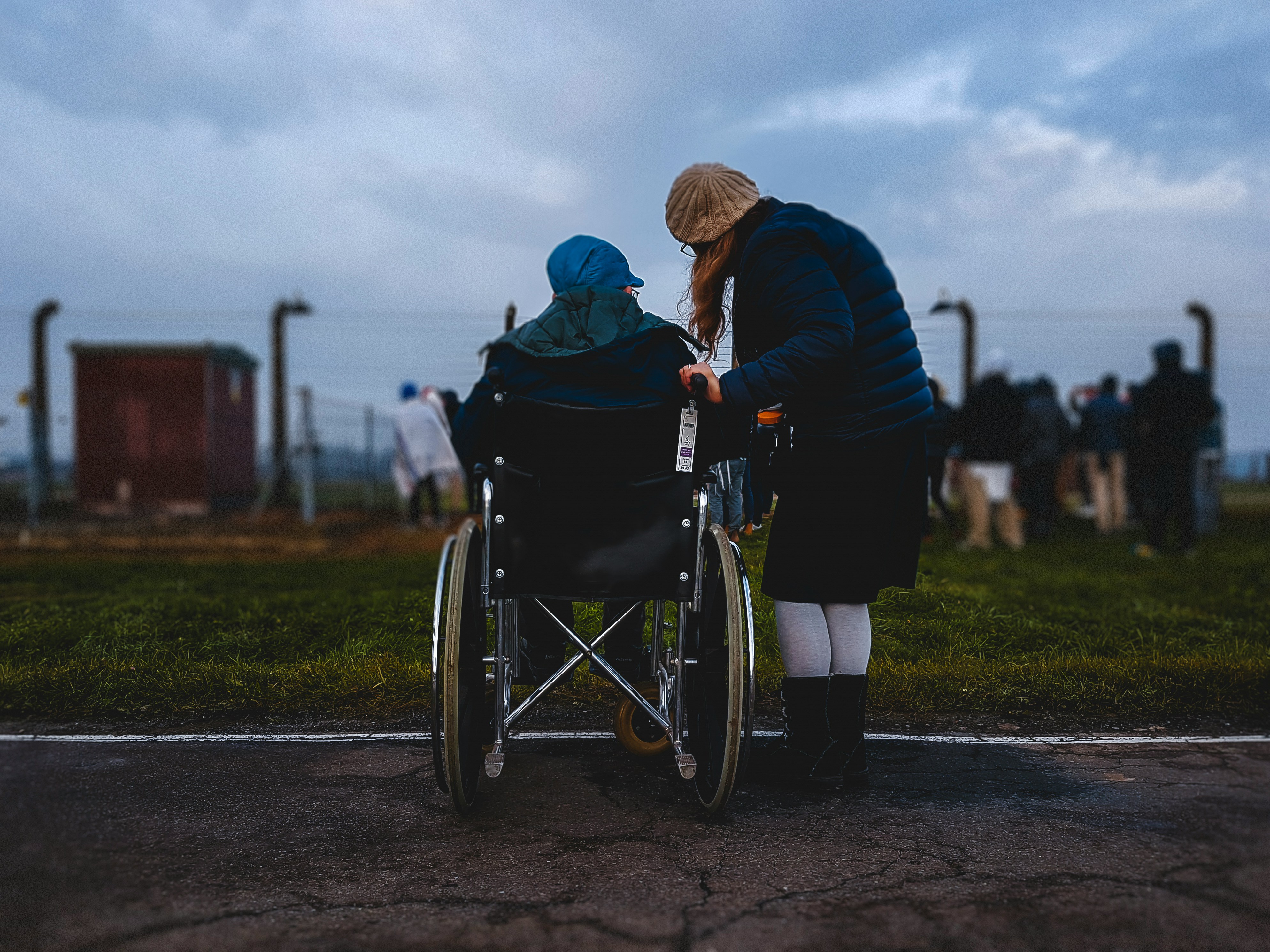5 Unique Skills You Need to Become a Caregiver
People are called to many different professions. Perhaps you feel called to make people laugh and pursue a career in comedy, or you love solving puzzles and building complex equations so you feel called to a life of science and discovery. Then there are those incredibly caring, empathetic individuals who are called to serve others. One of the most personal, involved roles you can take on is being a professional caregiver.
But what is a caregiver you ask? Keep reading to find out what a caregiver does and how to find one.
Caregivers, also known as personal care aides or home health specialists, assist individuals who are ill, injured, or aging with daily tasks that they can no longer perform on their own. You typically work within the home with a variety of activities such as feeding, grooming, administering medication, and general company keeping. This is a position for individuals who are filled with compassion and look forward to creating meaningful relationships. If this sounds like a job for you, there are a few skills you should master before jumping in. If you go in with an open heart, you’re sure to make a big difference in your patient’s life as you care for them.
Medical Knowledge
Being a caregiver often requires a basic knowledge of medicine and your patient’s personal care routine. Because you are usually assisting individuals with medical needs they cannot navigate on their own, having a background in health can be helpful. Some professional caregivers are also certified, nurses. And while becoming a caregiver doesn’t require a nursing degree, there are some basics and certifications you should get. Basics such as a CPR certification are a great place to start. You can even complete your course online at https://cprcare.com/. Combine your CPR training with first aid and AED courses to get the most comprehensive information to provide the best care. Included in the AED courses is information about how all AED devices require maintenance service and when that should happen.
Patience
People in need of at-home care may operate at a different speed than you. They can easily get frustrated or be forgetful. In all cases, you must practice patience with the individual in your care. You can’t get frustrated and upset, even when they are. You must also master the art of communication and be patient while figuring out what exactly the person in your care needs to feel comfortable. Being able to stay calm and collected even in high-stress situations is a necessary skill for caregivers.

Compassion and Empathy
A trait that goes hand-in-hand with patience is compassion. You can’t help an individual in your care without taking the time to understand their perspective and how they’re struggling. Practicing empathy means putting yourself in their shoes and truly trying to understand their experience. This element of the job requires more heart from you than a nine-to-five office job might. Simply listening shows your patients that they’re not alone and someone cares about them. What an amazing gift you can give to someone with a severe illness or during the last chapters of their life.
Having compassion and empathy also means sharing more intimate moments of people‘s personal beliefs. Some patients really rely on their religion at the end of their life. So if you’re assisting an elderly patient, you may help facilitate adult bible study lessons to help comfort them. Sometimes God’s word and the Christian faith can help ease the mind and spirit of people dealing with the need for chronic home care.

Flexibility
Those in need of constant care always come first, so sticking to a set, the rigid structure may not be feasible in a caregiving role. You can plan all you want, but things can still go off the rails. You have to be prepared to think on your feet and problem-solve at a moment’s notice. Flexibility is a skill you want to master before starting a job as a caregiver.
Communication
As with any job where you’re working in close proximity with another person, communication is key. When the person in your care requires special attention, you especially want to be able to understand and communicate with them. You must stay clear and organized with the person in your care but also with family members and others involved with the home care.
Similar Posts:
- Navigating Household Health Costs: Direct, Indirect, and Intangible
- Why Is It Important to Keep Your Mental Health in Check?
- Ways To Find Relief From Parenting Anxiety
- Empowering Your Health Journey: Choosing the Right Skilled Primary Care Physician
- Tips for Setting Realistic Goals for Mental Health Improvement









